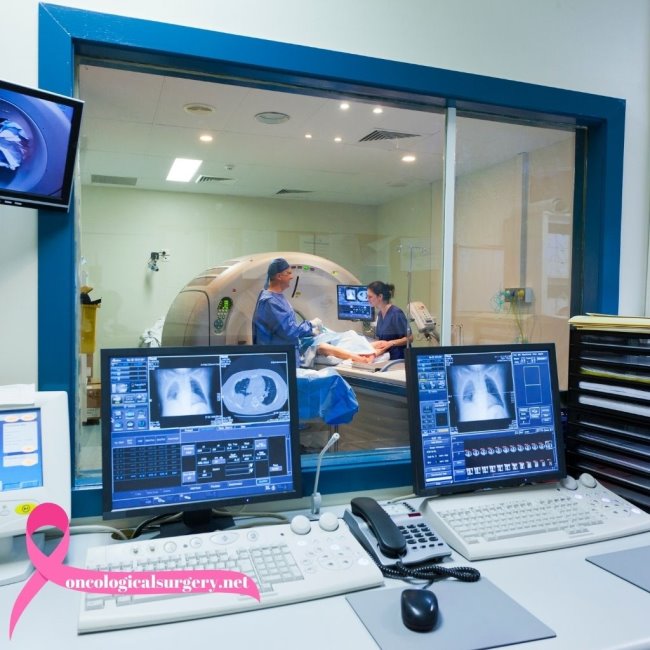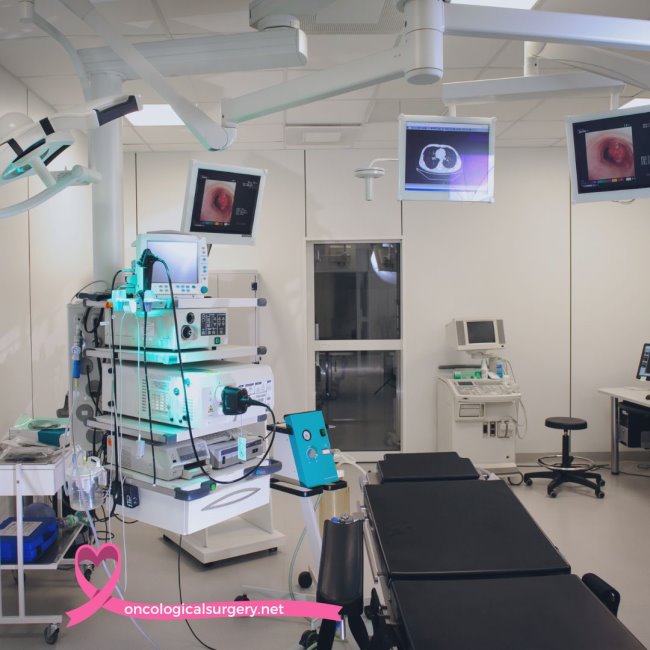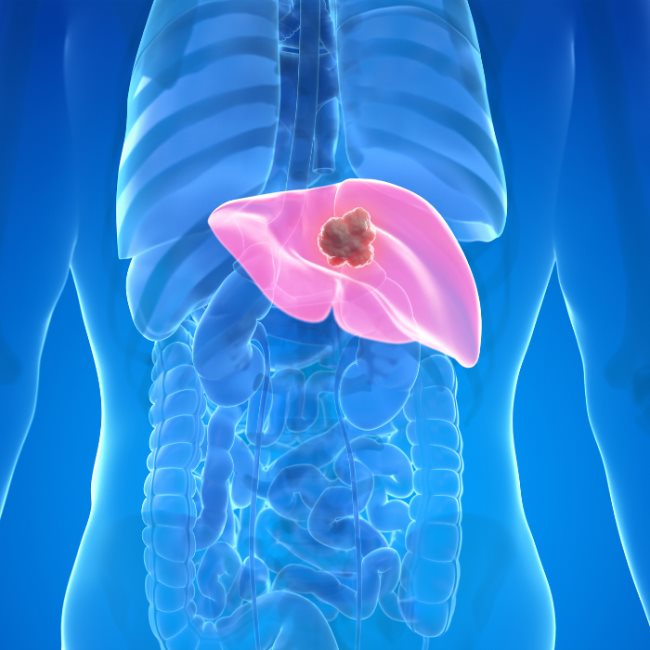
Oncology Surgery: A Cornerstone in Cancer Care
Cancer is an overwhelming and very complex disease; hence, treatment for the disease has to be highly multivariate in nature. It is here that oncology surgery emerges as a critical pillar in this fight, with a raft of benefits accruing to patients diagnosed with various types of cancer. The surgical oncologist continues to bear importance in cancer treatment plans.
This elaborative blog describes the importance of oncology surgery in treating patients with cancer. We will discuss how surgery can be employed for diagnosis, staging of tumors, and even for symptomatic relief. We also will touch on specific cancer types where surgery is a mainstay of treatment.
The Diverse Applications of Oncology Surgery
Oncology surgery involves much more than the removal of a tumor. The range of surgeries is broad, each offering a different perspective and function when it comes to the fight against cancer. Here are some crucial applications:- Diagnostic Surgery: Sometimes, a surgical biopsy is needed to obtain tissue for confirmatory diagnosis of cancer and the type of cancer cells.
- Tumor Removal: Oncology surgery is mainly performed to remove tumor tissue as completely as possible, usually with curative intent. This approach usually proves effective for localized cancers which have not disseminated to other parts of the body.
- Debulking surgery: A surgery that is not able to completely remove the tumor; hence, it attempts to remove as much of the tumor as possible. This will help decrease tumor burden, alleviate symptoms, and enhance the effectiveness of other cancer therapies, such as chemotherapy or radiation therapy.
- Staging Surgery: Surgery in oncology may also be performed to establish the extent of spread, or stage, of a cancer. This information helps formulate an effective treatment plan with an appropriate course of action. Palliative Surgery: Surgery may be performed to alleviate symptoms of advanced cancers and allow the patient to have a better quality of life. Examples of such procedures are pain-relieving surgeries, operations to stop bleeding, and operations to relieve blockages of organs.
Types of Cancers where Surgery from Oncology is the Main Treatment
Oncology surgery has a major role in many cancers of specific types. Some of them prominent ones are enlisted as under:
Colon Cancer
Colon cancer starts from the innermost lining of the colon or the rectum. It's the most common form of cancer throughout the globe, and early diagnosis and therapy have resulted in higher survival rates.
Oncology surgery forms the centerpiece of colon cancer management. In early-stage cancers that are confined within the colon or rectum, surgical removal via colectomy or proctectomy is potentially curative. At rather advanced stages in the course of disease, surgery may be combined with other treatment modalities, such as chemotherapy or radiation therapy, in order to attack remaining malignant cells and decrease the possibility of recurrence.
Success with oncology surgery in cases of colon cancer will depend on various factors: the stage of the cancer, the general condition of the patient's health, and the expertise of the surgical oncologist. Improved surgical techniques, such as minimally invasive laparoscopic surgery, have led to better patient outcomes and quicker recoveries.
If you are diagnosed with colon cancer, please make sure you consult an experienced surgical oncologist who can go over your options and establish an individualized plan to meet your specific needs and goals.
Pancreatic Cancer
Pancreatic cancer is one of the most aggressive and exigent malignancies originating from the pancreas, an organ which is very important and is located right behind the stomach. Sometimes, due to the exact location and therefore lack of specific symptoms, finding out about such cancer at an early stage is quite difficult, which often results in a low survival rate compared to other cancers.
In cases where tumors affect the body and tail of the pancreas, a distal pancreatectomy can be performed. This involves removing the portion of the pancreas involved, along with the spleen and surrounding lymph nodes. While these surgeries can save lives, they are also major surgery with considerable side effects. Among the risks that may arise include such complications as internal bleeding, infection, and leakage of pancreatic fluid.
Oncology surgery in the case of pancreatic cancer depends upon a very critical decision on the part of the patient, considering his or her situation, stage of the cancer, overall health of the patient, and risks and benefits involved with the surgery. This may require a multidisciplinary approach to treatment by surgical oncologists, medical oncologists, and radiation oncologists, who come up with a workable treatment plan.
Stomach Cancer
Stomach cancer, or gastric cancer, develops from the inner lining of the stomach. The disease more often affects individuals in their older adult years and is associated with a number of risk factors including family history of stomach cancer, smoking, and infection with H. pylori.
Surgery in oncology plays a vital role in managing stomach cancer. For cancers that are early-stage and confined to the wall of the stomach, gastrectomy is the surgical removal of all or part of the stomach and may offer a potential cure. The type of gastrectomy performed depends on the location and extent of the cancer.
Advanced-stage treatment often involves surgery in combination with other treatment modalities, such as chemotherapy or radiation therapy, to destroy remaining malignant cells and decrease the chance of recurrence. Minimally invasive surgical techniques, such as laparoscopic gastrectomy, have gained increasing popularity owing to associated benefits like fewer incisions, less pain, and easier convalescence.
Diagnosis of stomach cancer is then very important to be made along with the course of treatment by the surgical oncologist. A proper treatment plan tailored to one's needs and desires can therefore be presented.
Thyroid Cancer
Thyroid cancer refers to the most common malignancy of the endocrine organs, originating in the thyroid gland-a small, butterfly-shaped organ situated at the base of the neck. It usually tends to be more common in women as compared to men and can usually be linked to prior exposure to radiation.
The main treatment for most types of thyroid cancer is oncology surgery. Among these, thyroidectomy is the most common, which is the surgical removal of part or the whole thyroid gland. The volume of surgery would depend on the kind and stage of the cancer, and also on the individual peculiarities of the patient.
For the most frequent types of thyroid cancer, papillary and follicular, surgery is frequently curative. Further treatment with radioactive iodine may be recommended to kill any remaining thyroid tissue or malignant cells.
Minimally invasive surgical techniques, such as robotic thyroidectomy, have become popular because of the advantages of a small-sized scar, which assure less incidence of noticeable scarring and faster recovery times. This technique provides a less invasive method of thyroid cancer surgery without compromising high success rates.
This is important if one is diagnosed with thyroid cancer, whereby a consultation with an adept surgical oncologist opens up avenues for discussing various options of treatment and creating a personal program that reflects one's needs and desires.
Oncology surgery represents one of the most important therapeutic interventions in tumoral pathology, which permits several advantages for patients diagnosed with various cancers. Surgical oncologists can play a crucial role in cancer treatment plans, from diagnostic interventions to curative tumor removals.
Success in oncology surgery depends on a lot of factors: the stage of the cancer, general health condition of the patient, and expertise of the surgical oncologist. Coupled with personalized treatment approaches, continuous improvement in surgical techniques continues to raise outcomes and enhances the quality of life for patients with cancer.
If you have a diagnosis of cancer, it is important to get the services of an experienced surgical oncologist who will be in a position to discuss all treatment options with you and also review the likely benefits and risks of oncology surgery. You are then able to make fully informed decisions about your treatment plan with your healthcare team and take that first step toward recovery and the best possible quality of life.








































